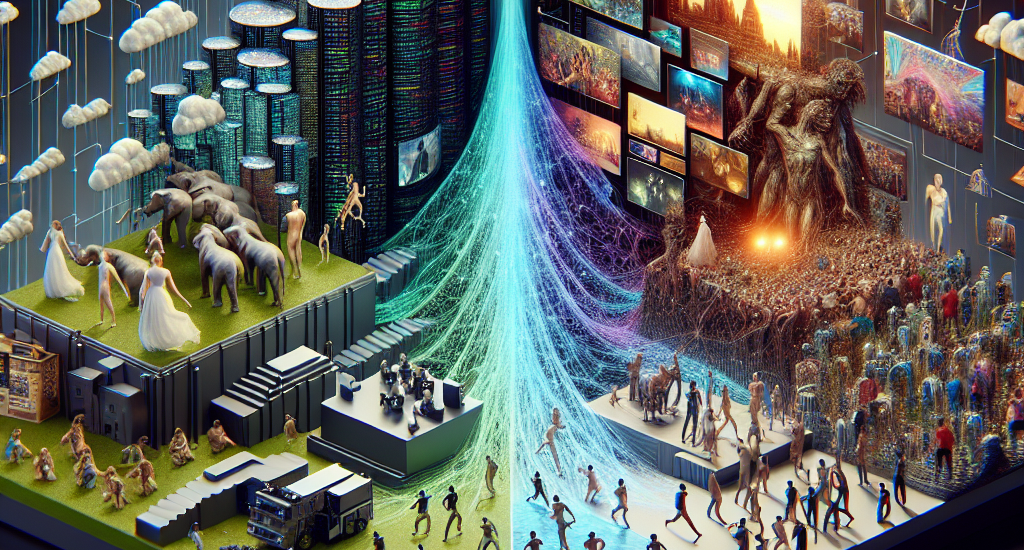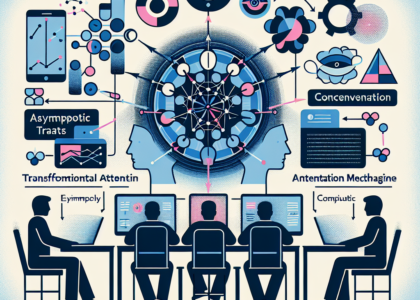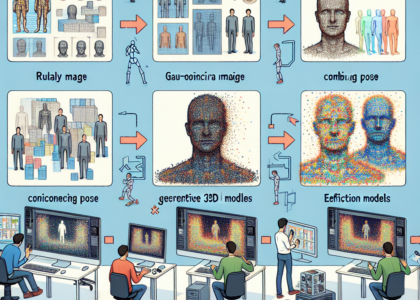Authors: Wenjia Wang, Liang Pan, Zhiyang Dou, Zhouyingcheng Liao, Yuke Lou, Lei Yang, Jingbo Wang, Taku Komura
Abstract: Simulating long-term human-scene interaction is a challenging yet fascinating
task. Previous works have not effectively addressed the generation of long-term
human scene interactions with detailed narratives for physics-based animation.
This paper introduces a novel framework for the planning and controlling of
long-horizon physical plausible human-scene interaction. On the one hand, films
and shows with stylish human locomotions or interactions with scenes are
abundantly available on the internet, providing a rich source of data for
script planning. On the other hand, Large Language Models (LLMs) can understand
and generate logical storylines.
This motivates us to marry the two by using an LLM-based pipeline to extract
scripts from videos, and then employ LLMs to imitate and create new scripts,
capturing complex, time-series human behaviors and interactions with
environments. By leveraging this, we utilize a dual-aware policy that achieves
both language comprehension and scene understanding to guide character motions
within contextual and spatial constraints. To facilitate training and
evaluation, we contribute a comprehensive planning dataset containing diverse
motion sequences extracted from real-world videos and expand them with large
language models. We also collect and re-annotate motion clips from existing
kinematic datasets to enable our policy learn diverse skills. Extensive
experiments demonstrate the effectiveness of our framework in versatile task
execution and its generalization ability to various scenarios, showing
remarkably enhanced performance compared with existing methods. Our code and
data will be publicly available soon.
Source: http://arxiv.org/abs/2411.19921v1





